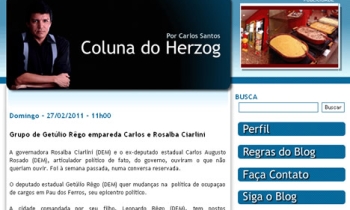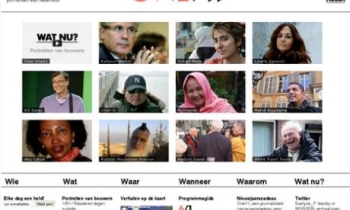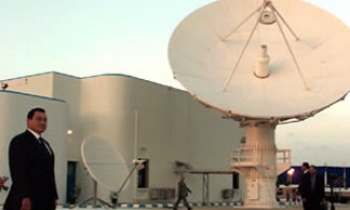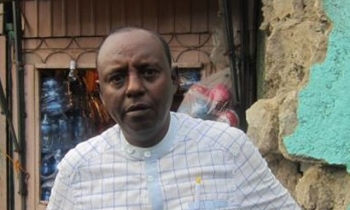Rupert Murdoch faces the most serious challenge yet to his dominance of the British media after Alistair Darling, the trade secretary, called yesterday for a full investigation into News Corp's influence over the way the British public gets its news.
In referring BSkyB's share swoop last year on the rival broadcaster ITV to the Competition Commission, Mr Darling opened the way for a full investigation into the connection between the satellite broadcaster and Mr Murdoch's newspaper arm, News International, which owns the Sun and the Times.
The last time that the septuagenarian media mogul's expansive media interests faced such intensive scrutiny was during the passage of the Communications Act five years ago when Lord Puttnam forced the government to insert a clause specifically designed to restrict his influence. Sky stayed within the letter of that provision when it bought less than 20% of ITV late last year.
But last month the Office of Fair Trading and the communications watchdog, Ofcom, said the 17.9% of ITV that Sky bought raised competition concerns. The satellite broadcaster, run by Rupert's son James, spent nearly £1bn buying the shares. The move scuppered Sir Richard Branson's ambitions to merge his Virgin Media with ITV.
Ofcom warned that a connection between ITV, which has a 40% shareholding in ITN, and Sky, with its Sky News brand, could harm consumer choice in TV news. In its advice to Mr Darling, which was made public yesterday, Ofcom also said the connection between News International's newspaper business; BSkyB, in which News Corp has a 39% stake, and ITV raised wider concerns about the "plurality" of news provision in the UK.
Ofcom said: "The audience for TV news may ... be negatively affected, in terms of sufficient media plurality, if those who control newspapers acquire influence or control over TV channels."
Announcing his decision to refer the matter to the Competition Commission yesterday, Mr Darling said: "On the basis of the evidence before me, a fuller investigation ... is justified." In his instructions to the commission, which will take six months to complete the investigation, he said that as a result of the ITV deal "there may not be a sufficient plurality of persons with control of the media enterprises serving the UK cross-media audience for national news and the UK TV audience for national news."
The commission will set out the scope of its review next month but already opponents of Mr Murdoch's growing influence are hoping the commission will tackle the issue head-on and examine the link between his newspaper and TV assets.
Don Foster, Liberal Democrat culture, media and sport spokesman, said: "It is time for the government to take a stand against media monopolies and seek to prioritise the public interest."
A spokesperson for Virgin Media said the cable broadcaster welcomed the review. "Virgin Media has consistently maintained that Sky's acquisition of a stake in ITV is harmful to fair competition in the TV sector and raises significant public interest concerns, particularly in relation to the supply of news."
The commission has to report back to the secretary of state by November 7. If it finds that Sky's stake in ITV does adversely affect competition or harm the "plurality" of news provision in the UK, it could force Sky to sell out.
There has been speculation in recent weeks that RTL, owner of Five, might be interested in buying the stake.
A spokesman for Sky said merely: "We look forward to engaging with the Competition Commission as the ongoing regulatory process enters its next phase."
Empire of the Sun
As well as 39% of BSkyB, Rupert Murdoch's News Corp controls News International, whose titles include the Times, Sunday Times, Sun, News of the World and the London Paper freesheet. In the US, News Corp owns the social networking website MySpace, the New York Post and the Fox entertainment network, which includes Fox News, 20th Century Fox and Fox Searchlight Pictures. It also owns the publishing house HarperCollins, and newspapers in Australasia including the Australian.









